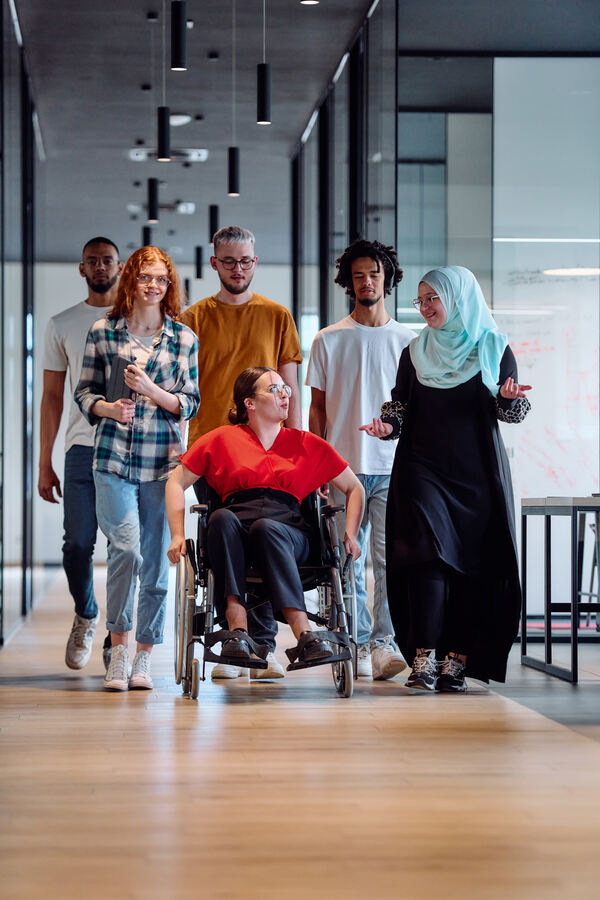What is Support Coordination?
Support coordination is a professional service designed to help individuals access the appropriate resources and services that cater to their specific needs. The primary function of support coordinators is to connect clients with various service providers, ensuring they receive the support necessary to improve their quality of life. This service is particularly beneficial for those facing challenges related to disabilities or complex needs.
Support coordination plays an essential role in assisting individuals, particularly those with disabilities, in navigating the complex landscape of available resources and services. This comprehensive guide aims to clarify what support coordination entails, its significance, and how it integrates with personalised and psychosocial support services.
Importance of Support Coordination
The value of support coordination lies in its ability to empower individuals. Here are a few reasons why it is important:
- Streamlined Navigation: Support coordinators simplify the process of accessing services, guiding clients seamlessly to the resources that best meet their needs.
- Tailored Assistance: Each individual has unique circumstances; support coordinators create personalised support plans that align with the client’s specific goals.
Holistic Support: Support coordination addresses not just immediate needs, but also emotional and social aspects through integrated psychosocial support.

Personalised Support Services
Personalised support services are fundamental to effective support coordination. These services are designed based on individual assessments that capture clients’ specific requirements and goals. This integration leads to:
- Comprehensive Assessments: Coordinators evaluate each client’s situation to develop tailored support plans that highlight appropriate resources.
- Ongoing Adaptation: As clients’ needs evolve, support coordinators regularly assess and adjust their support plans to ensure they remain relevant.
- Empowerment and Advocacy: Support coordinators advocate for clients, ensuring their preferences and needs are prioritised in the planning process.
Role of Psychosocial Support

Psychosocial support is a critical component of support coordination that addresses the emotional and social needs of individuals. Its inclusion within support coordination provides:
- Enhanced Emotional Well-being: Coordinators help clients manage mental health challenges and develop coping strategies to navigate emotional difficulties.
- Building Resilience: This support fosters resilience by providing tools and resources that empower clients to handle personal challenges effectively.
Social Connectivity: Support coordinators facilitate social engagement and encourage connections within the community, combating isolation and enhancing emotional health.
Conclusion
In conclusion, understanding support coordination is vital for those seeking to improve their quality of life. This service is not only about connecting individuals with resources but also about creating a holistic support system that includes personalised support services and psychosocial support. Through effective support coordination, individuals can gain greater independence, achieve personal goals, and enjoy a better overall quality of life. Engaging with a support coordinator can provide the essential guidance needed for a more fulfilling and connected experience.

